China petition reform vows rule of law
Updated: 2014-02-26 02:19
(Xinhua)
|
||||||||
BEIJING - China unveiled a set of reforms to its petition system on Tuesday, vowing rule of law in handling petition cases and expanding petition channels online to better redress public grievances.
According to a set of guidelines released by the general offices of the Communist Party of China Central Committee and the State Council, authorities will stick to lawful means to dissolve conflicts and disputes.
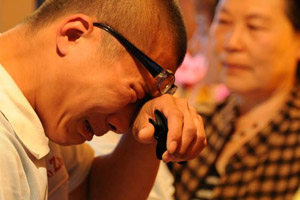 |
Guaranteeing and improving people's wellbeing will become the "groundwork" to prevent and defuse disputes, under the guidelines.
Petitioning, also known as letters and calls, is the administrative system for hearing public complaints and grievances. People who are not satisfied with government decisions can request reexamination.
Many complaints are filed each year in China, in which petitioners generally see injustice in land acquisition, social security, education, healthcare or environmental protection.
They can supposedly take their grievances to a higher level if they fail to get satisfactory feedback from local petition offices, but local officials often prevent them from raising such cases with their superiors.
The latest reforms feature an expansion of channels for the public to file petitions, including through hotlines, videos and online formats.
Petition cases will be diverted to courts if they involve lawsuits, and government policy and decision-making will become more transparent and enlist more public participation, said the guidelines.
Officials are told to perform their duties according to law and improve their work styles to cement ties with the people.
The guidelines asked officials to accept petitions from the public in a face-to-face manner at intervals ranging from one day in six months for provincial-level officials and one day every week for township ones.
Inspection authorities are urged to better supervise officials' handling of petitions, with a focus on issues that are common subjects of public complaints or that have not been resolved long after being acknowledged.
Those found to have showed indifference or hampered people's interests in petition handling, refusing or delaying petitions, will be seriously punished, according to the guidelines.
They also vowed to improve assessment of governments regarding the handling of petitions, by placing more stock in the effectiveness of settlements rather than the number of petitions handled.
Local authorities were also told to improve their capabilities to resolve problems reported by the people and to prevent conflicts to safeguard social justice and harmony.

 Pentagon chief plans to reduce US army size
Pentagon chief plans to reduce US army size
 2nd Madoff aide testifies, denies knowledge of fraud
2nd Madoff aide testifies, denies knowledge of fraud
 TAO Dance troupe premieres '5' at NYU
TAO Dance troupe premieres '5' at NYU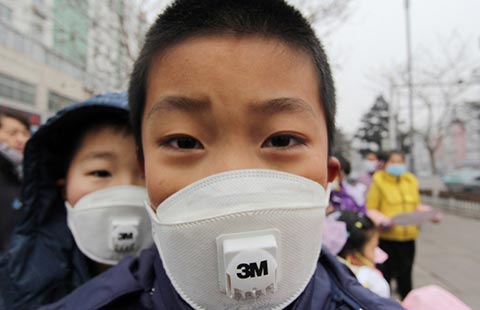
 Top 10 cities with worst smog in China
Top 10 cities with worst smog in China
 Playing with pandas
Playing with pandas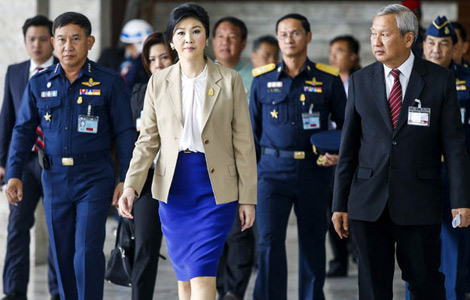
 Explosion, gunfire ring out near Bangkok protest site
Explosion, gunfire ring out near Bangkok protest site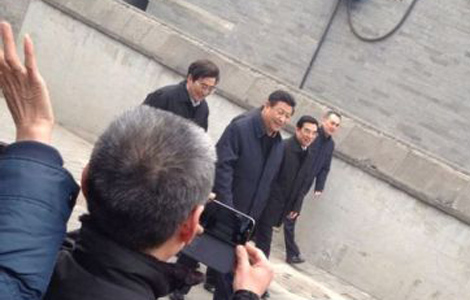
 President Xi spotted at popular hutong in Beijing
President Xi spotted at popular hutong in Beijing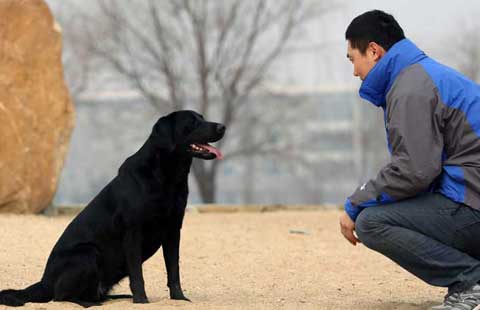
 Guide dogs trained in NE China
Guide dogs trained in NE China
Most Viewed
Editor's Picks

|

|

|

|

|

|
Today's Top News
Xi stresses core socialist values
Beijing protests US post on Tibet
President Xi pops in to Beijing's hutong
Huawei straps on smartwatch play
Pentagon plans to shrink army
Fight over race in admissions
US ready to aid Ukraine financially
Consumer economy 'not' happen
US Weekly

|

|






